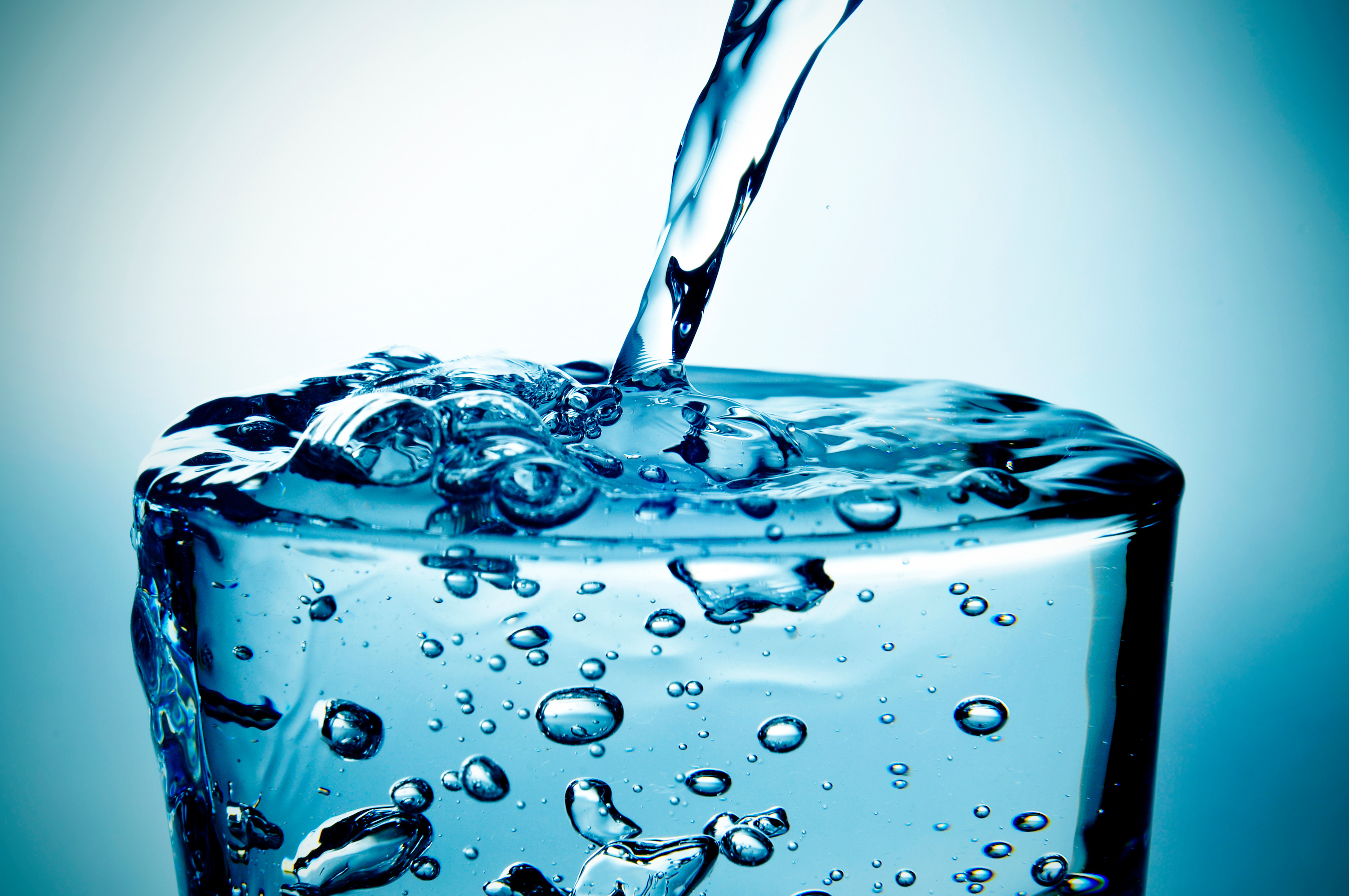WASHINGTON (October 14, 2024) – Residents in Asheville, North Carolina are still without clean drinking water, weeks after Hurricane Helene devastated large parts of the U.S. Southeast. State and federal officials are trying to treat the North Fork Reservoir directly; usually clean several feet below the surface, the reservoir remains murky brown from sediment.
According to USA Today, “Water remains the biggest need for residents in Asheville, with an estimated 417,000 people in the metropolitan area, recovering after Helene.” The North Fork Reservoir supplies more than 70% of the city’s water customers.
Faculty experts at the George Washington University are available to discuss health risks and the dangers of contaminated drinking water. To schedule an interview with an expert, please contact GW Media Relations at gwmedia gwu [dot] edu.
gwu [dot] edu.
 gwu [dot] edu.
gwu [dot] edu.Health
Jose Lucar is an infectious disease physician and associate professor of medicine in the Division of Infectious Diseases at the GW School of Medicine and Health Sciences.
Aileen Chang is an associate professor of medicine at the GW School of Medicine and Health Sciences. She also serves as assistant director for research at GW's Rodham Institute for Health Disparities. She has international experience managing vector borne diseases. She can discuss how standing water can contribute to mosquito borne illness.
Critical Infrastructure & Water Systems
Caitlin Grady, associate professor of engineering management and systems engineering, studies the form and functions of interconnected infrastructure across water, food, and energy systems. Her research seeks to create a more sustainable and secure environment. Current projects include modeling embedded nitrogen trade and its influence on water quality, climate change impacts on hydropower and the U.S. electricity grid, and managing critical infrastructure under uncertainty. She can discuss critical infrastructure resilience in the face of climate change and natural weather events as well as the process to getting the water system back up and running.
Danmeng Shuai, professor of civil & environmental engineering, specializes in catalysis, nanotechnology, and public health microbiology. His group aims to understand the fundamentals of how microbes and chemicals interact with (catalytic) nanomaterials, and leverage these interactions for beneficial engineering applications such as environmental pollution control and remediation, renewable energy production, food quality and safety improvement, and infectious disease prevention.
“The biggest challenge associated with resuming drinking water supply is the water stagnancy in the pipes. When water does not flow in the distribution systems, including water mains, service lines, and premise plumbing systems, disinfectants are quickly consumed and they are not replenished by fresh drinking water released from the drinking water treatment plants,” Shuai says.
“Pathogens like Legionella pneumophila can regrow in the drinking water distribution system. So it is important to flush the pipes and replenish them with fresh drinking water, which can be done by the utilities and also individual customers. It’s recommended to ask the customers to flush their premise plumbing systems when the water is back to normal. Also it’s recommended to drink boiled water in case pathogens are in the drinking water.”
Yun Shen, assistant professor of civil and environmental engineering, is an expert on drinking water safety. She studies the transmission and control of environmental pathogens, including the transfer, persistence, infectivity/virulence, and inactivation/removal of pathogens in a variety of environments (i.e., wastewater, drinking water, soil, and indoor air). Shen says the flooding may cause overflow of the water and wastewater treatment plant and bring pathogens to drinking water, food, and built environments. She also adds that another important question would be the possible risk of the pathogens in the built environment (including both water and air) after flooding.
Politics of Natural Disasters
Alicia Cooperman is an assistant professor of political science and international affairs. Her research focuses on local and global challenges in water politics and policy, political economy of development, civil society and accountability, and climate change. Her broader research agenda studies the politics of natural disasters, natural resource management, and climate change mitigation and adaptation. Cooperman’s work is forthcoming or has been published in American Political Science Review, Proceedings of the National Academy of Sciences, Political Analysis, Comparative Political Studies, Global Environmental Change, and WIREs Water, among others.
-GW-


